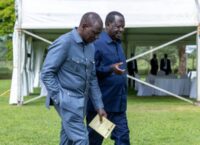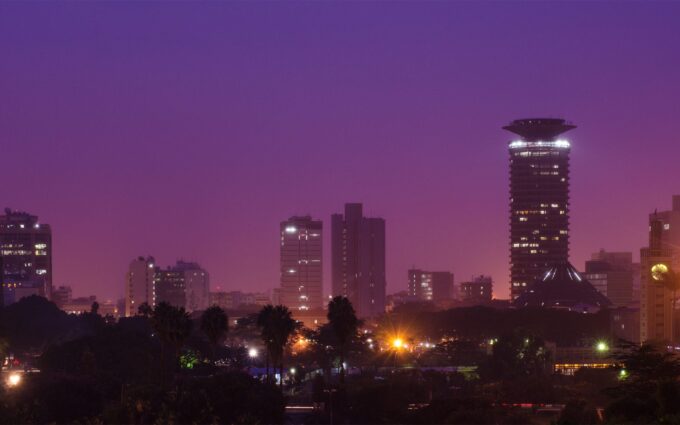The heart-wrenching story of Samuel Kangethe, who made the difficult decision to “self-deport” after 16 years building a life in the United States, is a powerful symbol of a deeply troubling trend. Kangethe, who held degrees from American universities and worked as an accountant for the state of Michigan, was forced to leave his wife and three children behind. His story is not an isolated incident but a direct consequence of the Trump administration’s new visa guidance, which has made it increasingly difficult for Kenyans and other foreign nationals to obtain U.S. visas. This series of restrictions, framed as a matter of national security, threatens to undermine America’s standing in the world while doing little to make the country safer, all at a profound human cost.
The specific policies targeting Kenyan applicants are particularly burdensome. New rules now mandate in-person interviews for all applicants, including the very young and elderly who were previously exempt, creating significant logistical and financial hardships for families who must travel to Nairobi. Furthermore, student visa holders now face fixed two or four-year terms instead of the traditional “duration of status,” forcing mid-program renewals that risk interrupting their studies and related work permissions. These changes are compounded by Kenya’s placement on a probationary “yellow list,” which triggers tougher background checks and a short compliance window, inevitably slowing visa decisions and increasing the risk of refusal.
This heightened scrutiny of Kenya is part of a much broader and more alarming agenda. The administration has significantly expanded its travel ban regime, imposing full restrictions on a dozen countries and partial restrictions on several others. There are reports of plans to extend these bans to 36 additional countries, 26 of which are in Africa. If implemented, this would mean citizens from 36 of Africa’s 54 nations would be banned from entering the U.S., making Africa the most restricted region in the world when it comes to traveling to the United States. The administration justifies this by citing security concerns such as unreliable identity documents and lack of cooperation on deportations, but the sweeping nature of the bans raises serious questions about their true motivation.
There is a legitimate concern that these policies are less about security and more about creating indiscriminate barriers for legitimate travelers, particularly from non-white majority nations. The security rationale seems questionable when examining the specific procedures, such as requiring consular officers to scrutinize student applicants’ social media posts on platforms like Instagram and TikTok—a process more likely to identify political viewpoints than genuine threats. This approach risks conflating protected speech with national security and strains historically strong diplomatic ties, as noted by the African Union, which has criticized the lack of consultation with affected nations.
The real-world impact of these policies is substantial and deeply human. For every story like Samuel Kangethe’s, there are thousands of others whose opportunities are being curtailed. Kenyan students pursuing multi-year degrees in the U.S. now face the uncertainty of mid-program renewals, with any processing delay potentially causing them to lose their legal status and access to crucial training. Families are being separated, as elderly grandparents or young relatives face new hurdles to visit their loved ones. Ultimately, these restrictions represent a shortsighted and counterproductive path. By closing its doors to students, professionals, and families, America not only inflicts unnecessary hardship but also risks losing the talent, diversity, and global goodwill that have long been central to its prosperity and leadership in the world.















Leave a comment